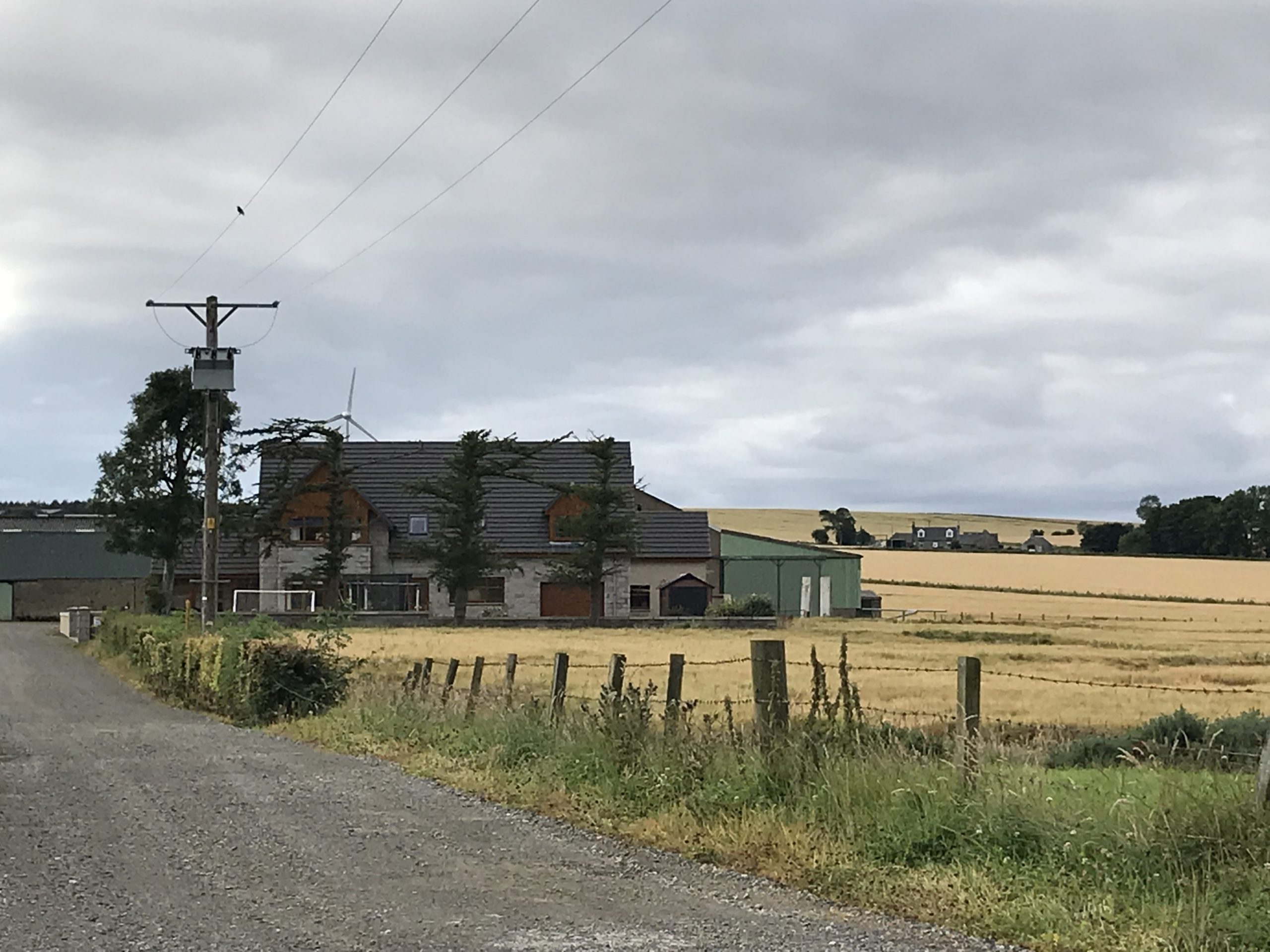
Hendry family farm in Scotland
When people ask me where I’m from, it gets complicated. I say, “Well, we moved around a lot. I grew up mostly in Michigan.” However, Michigan was just where my nuclear family lived on and off when not overseas, there were no relatives nearby, and we moved away before I finished high school. In fact, the place that felt most like home to me was the San Francisco Bay Area, my chosen home as an adult for over twenty years; it was so eclectic that I fit in. And then I moved to Canada.
It is hard to return home if you don’t know where that is. Home becomes wherever you have the personal connections of family and friends—and that changes over time.
It is possible to investigate genealogy though. My own roots in America are part of mass European migrations in the 1800’s—my great-grandparents came from the Netherlands, Sweden, Scotland and Germany. My grandparents were born in Minnesota, Colorado, Ontario and Chicago and grew up speaking English. My parents were born in Chicago and Colorado, moved to New York and California, and met each other in China. By the time I came along, the origin stories and traditions were distant history and there were no connections to Europe.
My partner Sally’s brother was keen on genealogy and managed to connect with relatives on the Mosel River who turned out to be wine makers with a long and interesting history—and who greeted her and her brother with a brass band parade when they returned to the valley. Hard to beat that for a homecoming.
She prodded me to look into my own roots, and within a decade or so we had figured out where my great-grandparents had emigrated from, and even visited. There were no parades, but we did meet a few people from the family tree, saw old houses and farms, and visited small towns I had never heard of before. It was curiously satisfying to see those places and feel the presence of history. It made my own moving around seem less unusual.
In fact, the more I learn about the movements of people throughout the world–even back to Neanderthals, Denisovans and Homo sapiens roots in Africa–the more it seems that migration is the norm, not the exception. It also strengthens my understanding that, in a deep sense, home is this earth for all of us. It doesn’t answer how we can continue to live here.



First of all, I LOVE that brass band welcome for Sally and her brother. How great was that?
But your musings on “where do we come from?’ and the universal wanderings of so many of our ancestors really resonates. Most of us are come from immigrant stock, one way or another, which should imbue us with compassion, rather than what we are faced with today in the U.S. You’ve taught us a great lesson.
Thanks Betsy. Isn’t it funny how we cling so closely to our local identity at the same time that we have all migrated extensively? I think we need a sense of belonging and protection from threat, as well as knowledge of our ecological niche—the rub is in how it plays out for better and worse.
Thanx Khati, your story as always is beautifully written and full of wisdom – our earth if we can keep it.
Well said, Dana, just like democracy.
Khaki, the brass band got me too, wow. I think your wanderings and those of your relatives bought a sense of establishing ‘home’ everywhere you went. I agree with you, there are no immigrants, just humans habitants on the planet Earth. Can’t wait until we grow up.
Thanks Patty—Love your comment about growing up!
An interesting history. I know the towns in Italy and Norway where my ancestors came from, but I doubt anyone in Tonsberg or Cosenza would think it cool if I showed up for dinner!
Well, I certainly wouldn’t recommend walking in on anyone, but these days it is often possible to develop a lead to see if a relative is in the area. You can sometimes have luck cold calling (I did that once when phone books were a thing) or connecting by e-mail if you can develop that connection. Otherwise, it is just walking around the place and maybe looking for gravestones—which might be surprisingly productive and interesting. Oddly, distant relatives can be more receptive than closer ones. I have no idea where most of my cousins are.
Searching for one’s roots is the ultimate journey home. My husband and I were really into genealogy for a bit, but we always hit that dead end because our ancestors were from places in eastern Europe that no longer exist. And sadly we never asked the right questions while our parents were alive.
Even though there are a lot of dead ends when tracing family, it is always rewarding to find the bits you can. The DNA tests have opened up lots of unexpected sources of information too—but much is lost of course. I’m glad you have been writing because your family will have fewer regrets that they never asked things—some of it will be hidden in plain sight. And not just facts and figures, but a sense of your priorities and life and times.